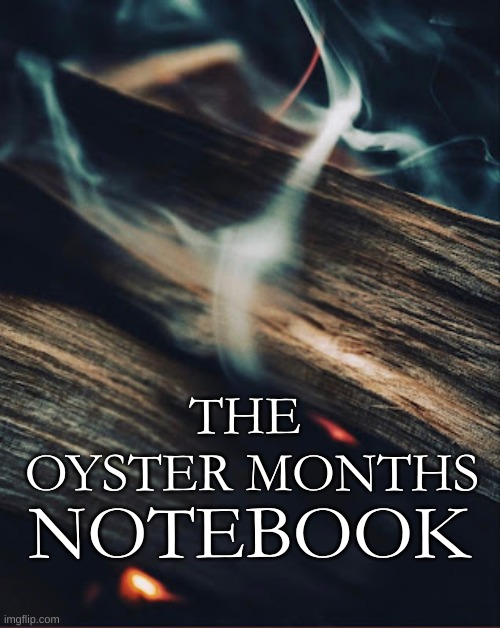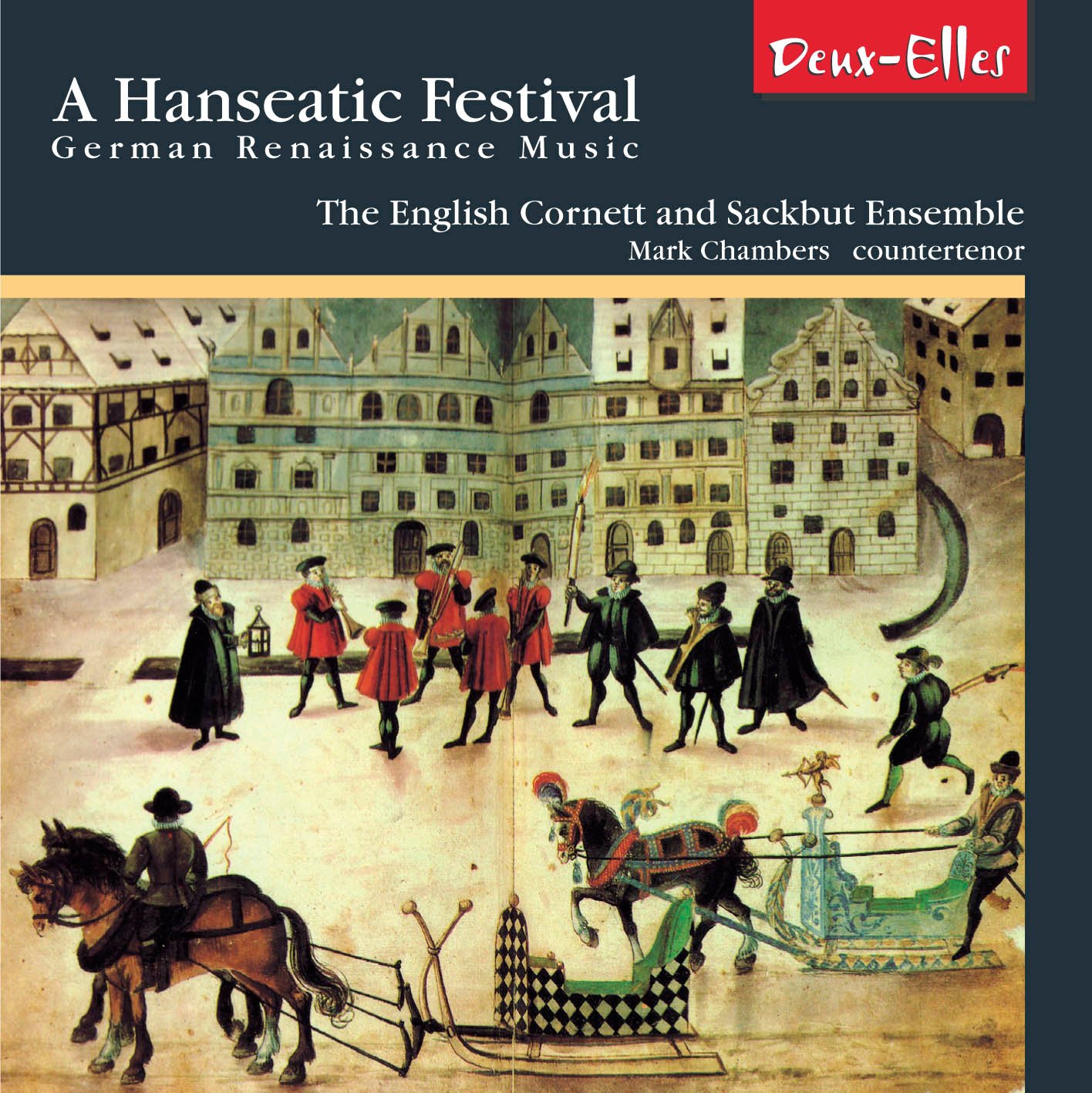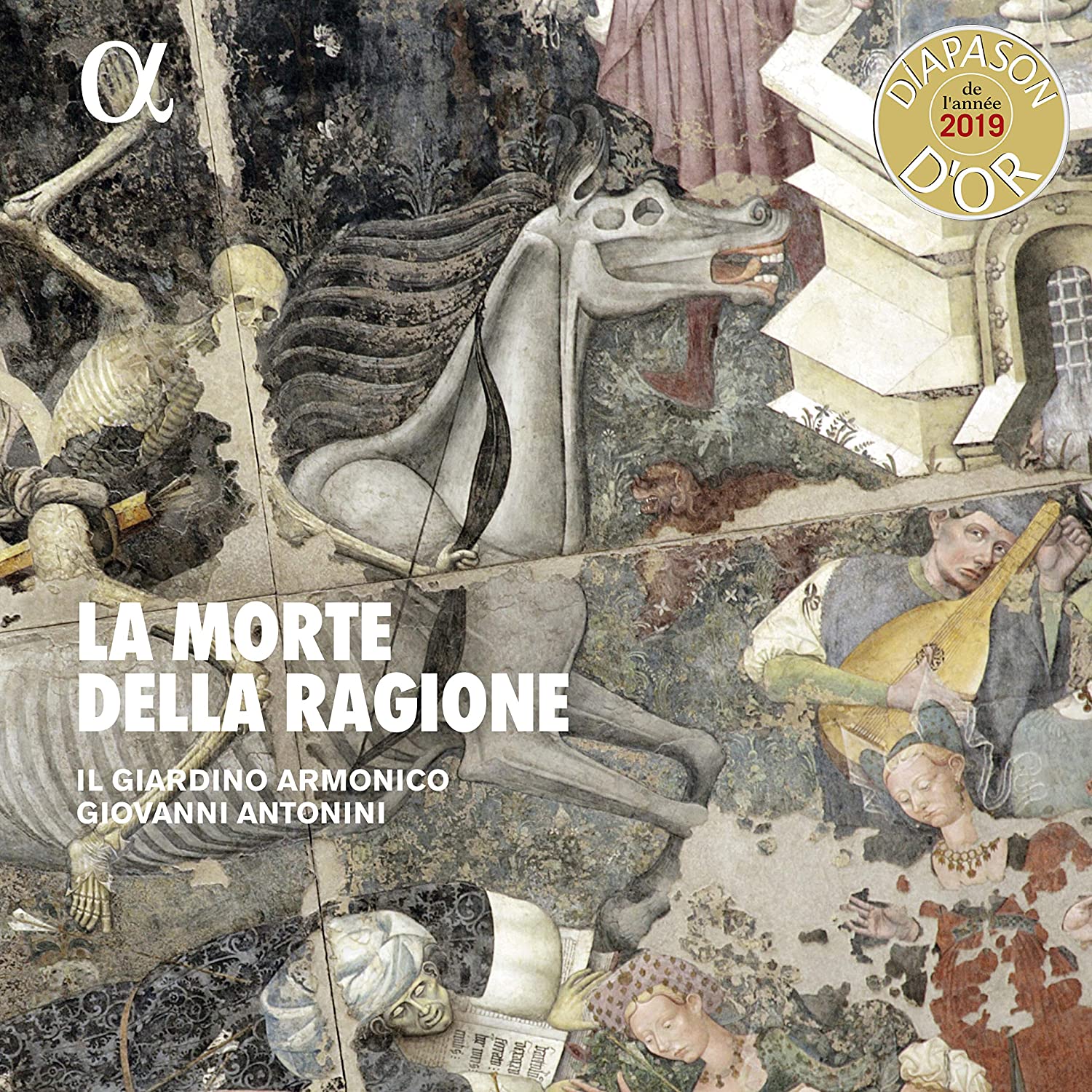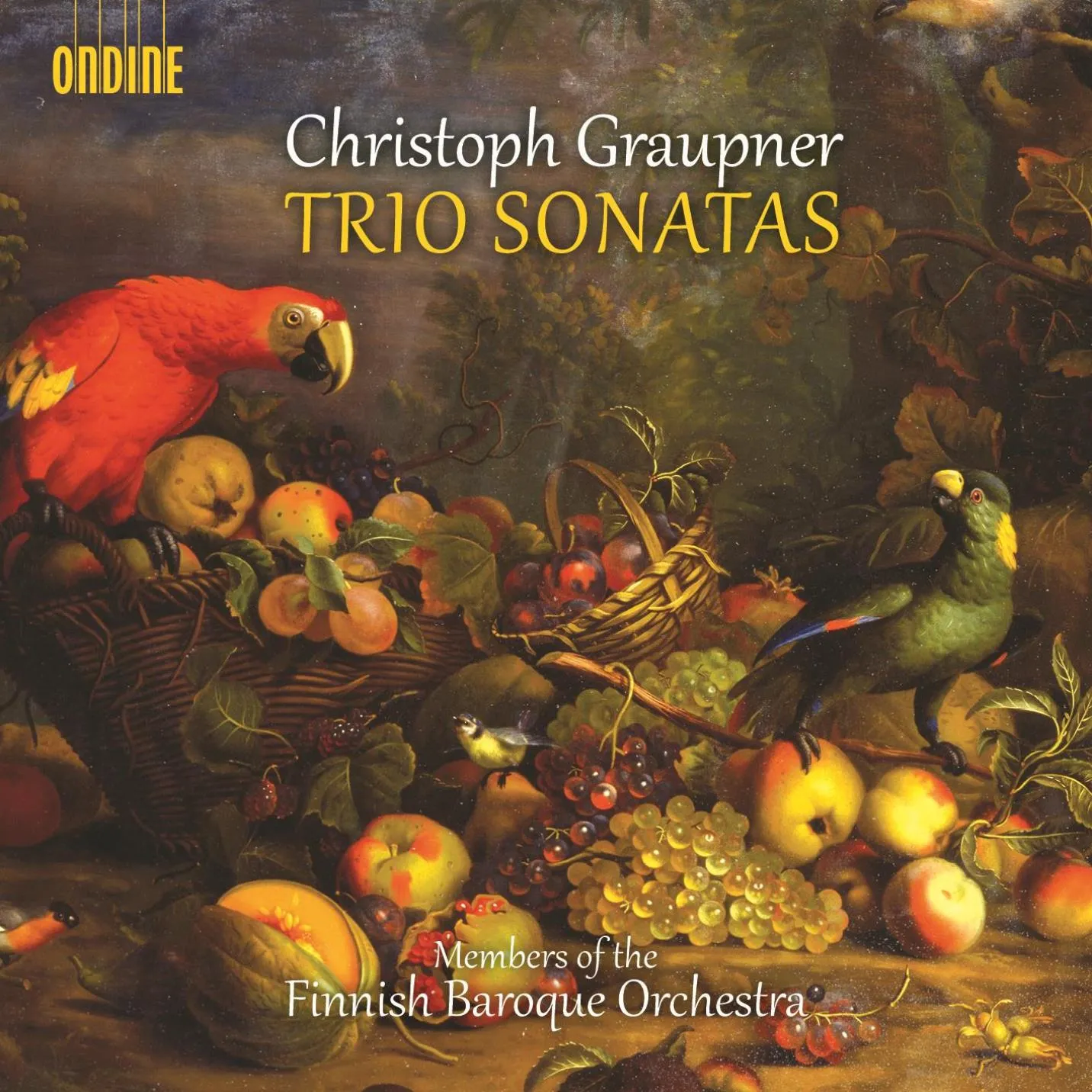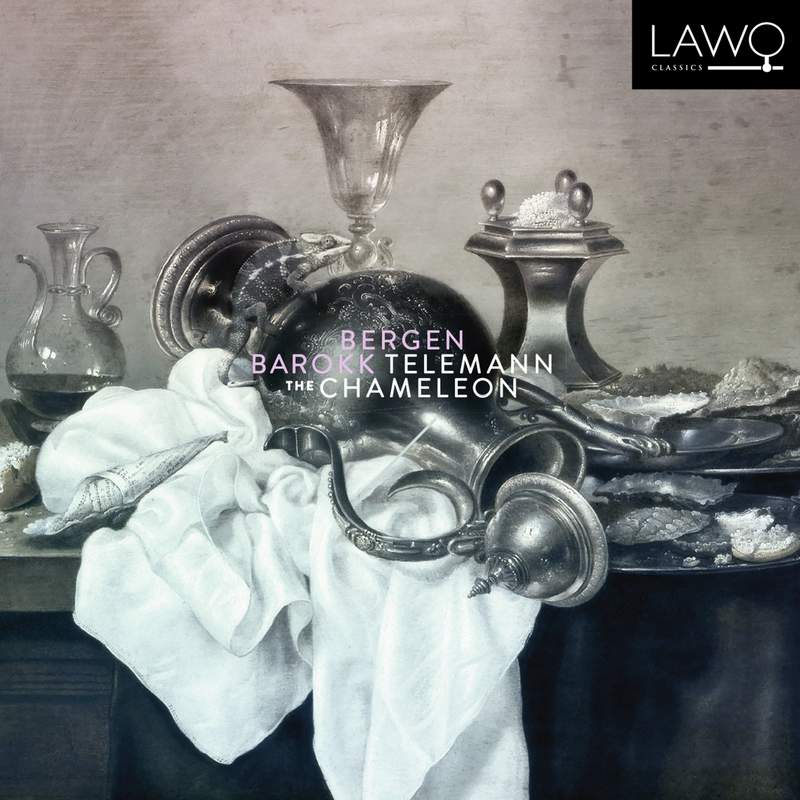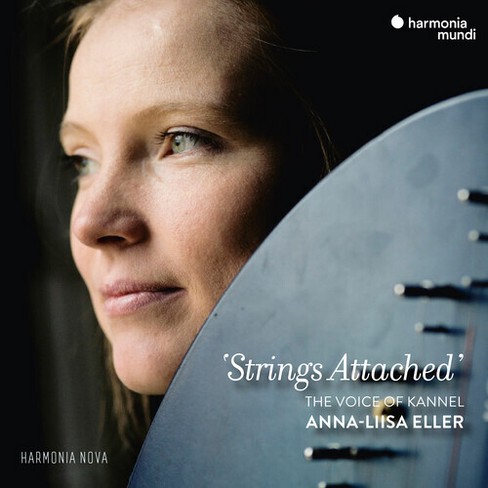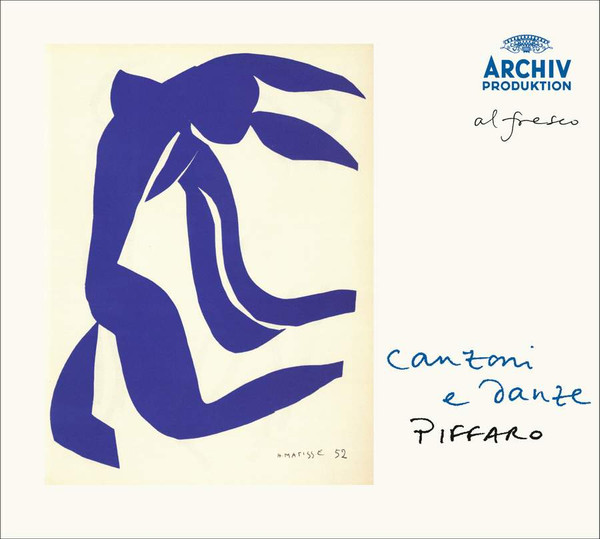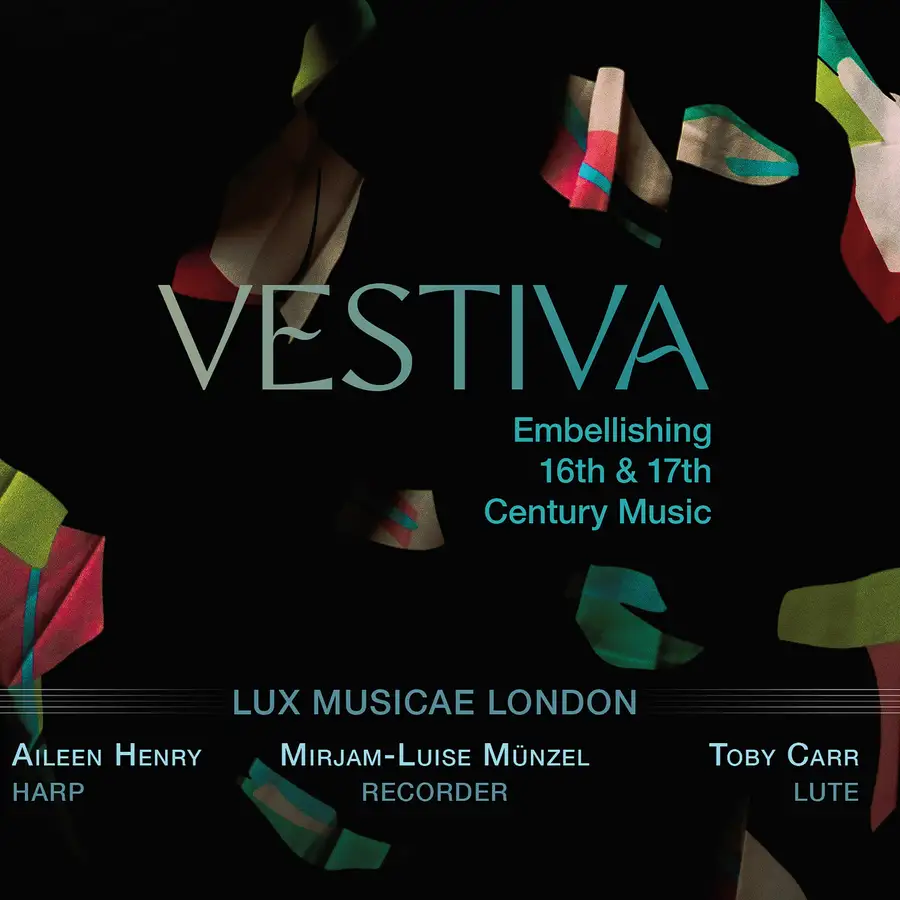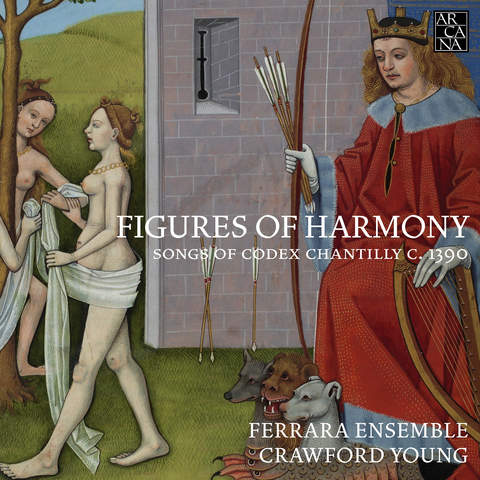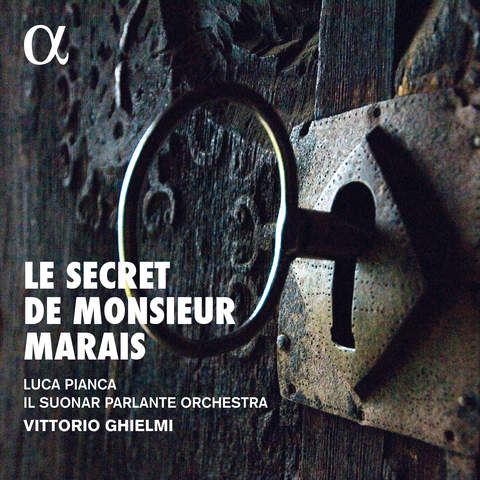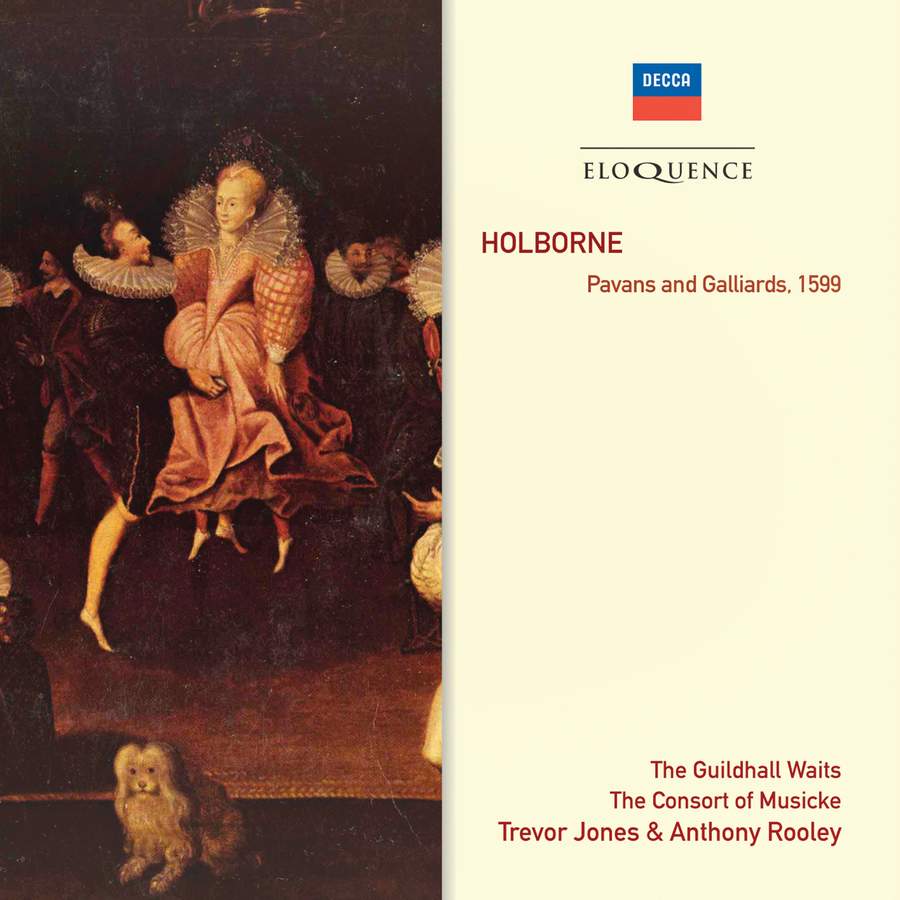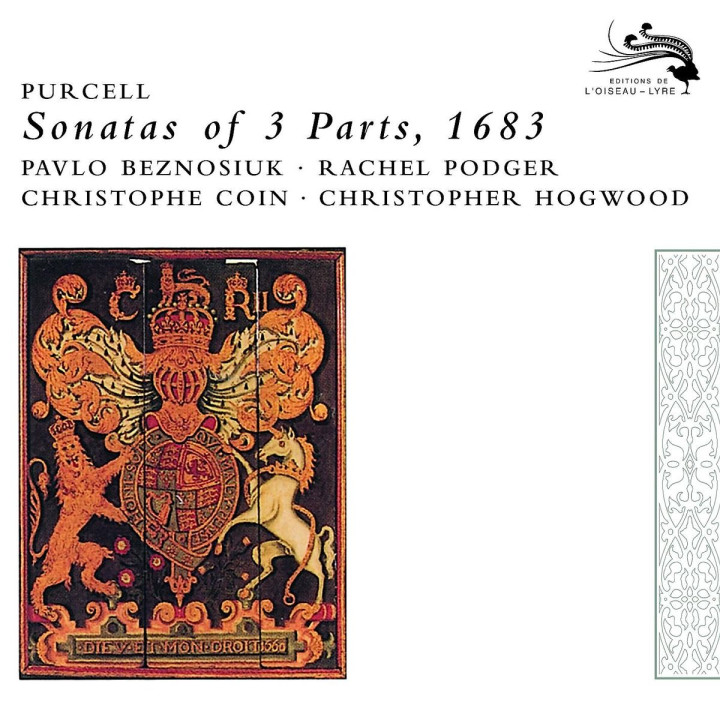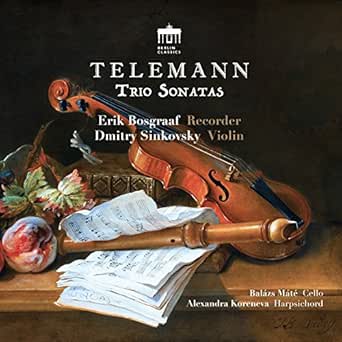30 September 2024
29 September 2024
Kris Kristofferson, Rest in Peace
He made the good times better and the hard times easier. This evening I got the news from Kurt that the best of the best, Kris Kristofferson, has passed.
"To Beat the Devil"
The old man was a strangerBut I’d heard his words beforeBack when failure had me locked outOn the wrong side of the door,When no one stood beside meBut my shadow on the floorAnd lonesome is more than a state of mind.
See the devil haunts a hungry manIf you don’t want to join him,You gotta beat him.I ain’t saying I beat the devil,But I drank his beer for nothingAnd then I stole his song …
Squints.
A visitor walking through Mark Rothko’s former studio will immediately be struck by an ineffability that only appears when entering a sacred space. The floors of the studio look as if a small explosion was set off in the room, caking the wooden floorboards with various layers of colored paint. It’s a fitting floor for the son of Russian anarchists (Rothko’s parents immigrated to America in 1913, when Mark was ten years old). Rothko was extremely voluble when he wanted to be, and if one squints in the studio, the image of a man walking around the space—adjusting his thick-lensed glasses, burning cigarette in one hand, paintbrush in the other, discussing his work with one of his assistants—flashes before them in series of movements.
More.
Keep it.
Give me Carpioni ...
Live, live with me, and thou shalt see
The pleasures I'll prepare for thee:
What sweets the country can afford
Shall bless thy bed, and bless thy board.
The soft sweet moss shall be thy bed,
With crawling woodbine over-spread:
By which the silver-shedding streams
Shall gently melt thee into dreams.
Thy clothing next, shall be a gown
Made of the fleeces' purest down.
The tongues of kids shall be thy meat;
Their milk thy drink; and thou shalt eat
The paste of filberts for thy bread
With cream of cowslips buttered:
Thy feasting-table shall be hills
With daisies spread, and daffadils;
Where thou shalt sit, and Red-breast by,
For meat, shall give thee melody.
I'll give thee chains and carcanets
Of primroses and violets.
A bag and bottle thou shalt have,
That richly wrought, and this as brave;
So that as either shall express
The wearer's no mean shepherdess.
At shearing-times, and yearly wakes,
When Themilis his pastime makes,
There thou shalt be; and be the wit,
Nay more, the feast, and grace of it.
On holydays, when virgins meet
To dance the heys with nimble feet,
Thou shalt come forth, and then appear
The Queen of Roses for that year.
And having danced ('bove all the best)
Carry the garland from the rest,
In wicker-baskets maids shall bring
To thee, my dearest shepherdling,
The blushing apple, bashful pear,
And shame-faced plum, all simp'ring there.
Walk in the groves, and thou shalt find
The name of Phillis in the rind
Of every straight and smooth-skin tree;
Where kissing that, I'll twice kiss thee.
To thee a sheep-hook I will send,
Be-prank'd with ribbands, to this end,
This, this alluring hook might be
Less for to catch a sheep, than me.
Thou shalt have possets, wassails fine,
Not made of ale, but spiced wine;
To make thy maids and self free mirth,
All sitting near the glitt'ring hearth.
Thou shalt have ribbands, roses, rings,
Gloves, garters, stockings, shoes, and strings
Of winning colours, that shall move
Others to lust, but me to love. -
These, nay, and more, thine own shall be,
If thou wilt love, and live with me.
Robert Herrick
Listen.
Beware, o wanderer, the road is walking too,
said Rilke one day to no one in particular
as good poets address the six directions.
If you can’t bow, you’re dead meat. You’ll break
like uncooked spaghetti. Listen to the gods.
They’re shouting in your ear every second.
Jim Harrison
Learn.
A PSALM of LIFE
What the Heart of the Young Man Said to the Psalmist
Tell me not, in mournful numbers,
"Life is but an empty dream!"
For the soul is dead that slumbers,
And things are not what they seem.
Life is real! Life is earnest!
And the grave is not its goal;
"Dust thou art, to dust returnest,"
Was not spoken of the soul.
Not enjoyment, and not sorrow,
Is our destined end or way;
But to act, that each to-morrow
Finds us farther than to-day.
Art is long, and Time is fleeting,
And our hearts, though stout and brave,
Still, like muffled drums, are beating
Funeral marches to the grave.
In the world's broad field of battle,
In the bivouac of Life,
Be not like dumb, driven cattle!
Be a hero in the strife!
Trust no Future, howe'er pleasant!
Let the dead Past bury its dead!
Act,--act in the living Present!
Heart within, and God o'erhead!
Lives of great men all remind us
We can make our lives sublime,
And, departing, leave behind us
Footprints on the sands of time;
Footprints, that perhaps another,
Sailing o'er life's solemn main,
A forlorn and shipwrecked brother,
Seeing, shall take heart again.
Let us, then, be up and doing,
With a heart for any fate;
Still achieving, still pursuing
Learn to labor and to wait.
Henry Wadsworth Longfellow
Thank you, Jess.
Thoughts.
ODE: INTIMATION of IMMORTALITY from RECOLLECTIONS of EARLY CHILDHOOD
The child is father of the man;
And I could wish my days to be
Bound each to each by natural piety.
There was a time when meadow, grove, and stream,
The earth, and every common sight,
To me did seem
Apparelled in celestial light,
The glory and the freshness of a dream.
It is not now as it hath been of yore;—
Turn wheresoe'er I may,
By night or day.
The things which I have seen I now can see no more.
The Rainbow comes and goes,
And lovely is the Rose,
The Moon doth with delight
Look round her when the heavens are bare,
Waters on a starry night
Are beautiful and fair;
The sunshine is a glorious birth;
But yet I know, where'er I go,
That there hath past away a glory from the earth.
Now, while the birds thus sing a joyous song,
And while the young lambs bound
As to the tabor's sound,
To me alone there came a thought of grief:
A timely utterance gave that thought relief,
And I again am strong:
The cataracts blow their trumpets from the steep;
No more shall grief of mine the season wrong;
I hear the Echoes through the mountains throng,
The Winds come to me from the fields of sleep,
And all the earth is gay;
Land and sea
Give themselves up to jollity,
And with the heart of May
Doth every Beast keep holiday;—
Thou Child of Joy,
Shout round me, let me hear thy shouts, thou happy Shepherd-boy.
Ye blessèd creatures, I have heard the call
Ye to each other make; I see
The heavens laugh with you in your jubilee;
My heart is at your festival,
My head hath its coronal,
The fulness of your bliss, I feel—I feel it all.
Oh evil day! if I were sullen
While Earth herself is adorning,
This sweet May-morning,
And the Children are culling
On every side,
In a thousand valleys far and wide,
Fresh flowers; while the sun shines warm,
And the Babe leaps up on his Mother's arm:—
I hear, I hear, with joy I hear!
—But there's a Tree, of many, one,
A single field which I have looked upon,
Both of them speak of something that is gone;
The Pansy at my feet
Doth the same tale repeat:
Whither is fled the visionary gleam?
Where is it now, the glory and the dream?
Our birth is but a sleep and a forgetting:
The Soul that rises with us, our life's Star,
Hath had elsewhere its setting,
And cometh from afar:
Not in entire forgetfulness,
And not in utter nakedness,
But trailing clouds of glory do we come
From God, who is our home:
Heaven lies about us in our infancy!
Shades of the prison-house begin to close
Upon the growing Boy,
But he beholds the light, and whence it flows,
He sees it in his joy;
The Youth, who daily farther from the east
Must travel, still is Nature's Priest,
And by the vision splendid
Is on his way attended;
At length the Man perceives it die away,
And fade into the light of common day.
Earth fills her lap with pleasures of her own;
Yearnings she hath in her own natural kind,
And, even with something of a Mother's mind,
And no unworthy aim,
The homely Nurse doth all she can
To make her Foster-child, her Inmate Man,
Forget the glories he hath known,
And that imperial palace whence he came.
Behold the Child among his new-born blisses,
A six years' Darling of a pigmy size!
See, where 'mid work of his own hand he lies,
Fretted by sallies of his mother's kisses,
With light upon him from his father's eyes!
See, at his feet, some little plan or chart,
Some fragment from his dream of human life,
Shaped by himself with newly-learn{e}d art
A wedding or a festival,
A mourning or a funeral;
And this hath now his heart,
And unto this he frames his song:
Then will he fit his tongue
To dialogues of business, love, or strife;
But it will not be long
Ere this be thrown aside,
And with new joy and pride
The little Actor cons another part;
Filling from time to time his "humorous stage"
With all the Persons, down to palsied Age,
That Life brings with her in her equipage;
As if his whole vocation
Were endless imitation.
Thou, whose exterior semblance doth belie
Thy Soul's immensity;
Thou best Philosopher, who yet dost keep
Thy heritage, thou Eye among the blind,
That, deaf and silent, read'st the eternal deep,
Haunted for ever by the eternal mind,—
Mighty Prophet! Seer blest!
On whom those truths do rest,
Which we are toiling all our lives to find,
In darkness lost, the darkness of the grave;
Thou, over whom thy Immortality
Broods like the Day, a Master o'er a Slave,
A Presence which is not to be put by;
Thou little Child, yet glorious in the might
Of heaven-born freedom on thy being's height,
Why with such earnest pains dost thou provoke
The years to bring the inevitable yoke,
Thus blindly with thy blessedness at strife?
Full soon thy Soul shall have her earthly freight,
And custom lie upon thee with a weight,
Heavy as frost, and deep almost as life!
O joy! that in our embers
Is something that doth live,
That Nature yet remembers
What was so fugitive!
The thought of our past years in me doth breed
Perpetual benediction: not indeed
For that which is most worthy to be blest;
Delight and liberty, the simple creed
Of Childhood, whether busy or at rest,
With new-fledged hope still fluttering in his breast:—
Not for these I raise
The song of thanks and praise
But for those obstinate questionings
Of sense and outward things,
Fallings from us, vanishings;
Blank misgivings of a Creature
Moving about in worlds not realised,
High instincts before which our mortal Nature
Did tremble like a guilty thing surprised:
But for those first affections,
Those shadowy recollections,
Which, be they what they may
Are yet the fountain-light of all our day,
Are yet a master-light of all our seeing;
Uphold us, cherish, and have power to make
Our noisy years seem moments in the being
Of the eternal Silence: truths that wake,
To perish never;
Which neither listlessness, nor mad endeavour,
Nor Man nor Boy,
Nor all that is at enmity with joy,
Can utterly abolish or destroy!
Hence in a season of calm weather
Though inland far we be,
Our Souls have sight of that immortal sea
Which brought us hither,
Can in a moment travel thither,
And see the Children sport upon the shore,
And hear the mighty waters rolling evermore.
Then sing, ye Birds, sing, sing a joyous song!
And let the young Lambs bound
As to the tabor's sound!
We in thought will join your throng,
Ye that pipe and ye that play,
Ye that through your hearts to-day
Feel the gladness of the May!
What though the radiance which was once so bright
Be now for ever taken from my sight,
Though nothing can bring back the hour
Of splendour in the grass, of glory in the flower;
We will grieve not, rather find
Strength in what remains behind;
In the primal sympathy
Which having been must ever be;
In the soothing thoughts that spring
Out of human suffering;
In the faith that looks through death,
In years that bring the philosophic mind.
And O, ye Fountains, Meadows, Hills, and Groves,
Forebode not any severing of our loves!
Yet in my heart of hearts I feel your might;
I only have relinquished one delight
To live beneath your more habitual sway.
I love the Brooks which down their channels fret,
Even more than when I tripped lightly as they;
The innocent brightness of a new-born Day
Is lovely yet;
The Clouds that gather round the setting sun
Do take a sober colouring from an eye
That hath kept watch o'er man's mortality;
Another race hath been, and other palms are won.
Thanks to the human heart by which we live,
Thanks to its tenderness, its joys, and fears,
To me the meanest flower that blows can give
Thoughts that do often lie too deep for tears.
The child is father of the man;
And I could wish my days to be
Bound each to each by natural piety.
There was a time when meadow, grove, and stream,
The earth, and every common sight,
To me did seem
Apparelled in celestial light,
The glory and the freshness of a dream.
It is not now as it hath been of yore;—
Turn wheresoe'er I may,
By night or day.
The things which I have seen I now can see no more.
The Rainbow comes and goes,
And lovely is the Rose,
The Moon doth with delight
Look round her when the heavens are bare,
Waters on a starry night
Are beautiful and fair;
The sunshine is a glorious birth;
But yet I know, where'er I go,
That there hath past away a glory from the earth.
Now, while the birds thus sing a joyous song,
And while the young lambs bound
As to the tabor's sound,
To me alone there came a thought of grief:
A timely utterance gave that thought relief,
And I again am strong:
The cataracts blow their trumpets from the steep;
No more shall grief of mine the season wrong;
I hear the Echoes through the mountains throng,
The Winds come to me from the fields of sleep,
And all the earth is gay;
Land and sea
Give themselves up to jollity,
And with the heart of May
Doth every Beast keep holiday;—
Thou Child of Joy,
Shout round me, let me hear thy shouts, thou happy Shepherd-boy.
Ye blessèd creatures, I have heard the call
Ye to each other make; I see
The heavens laugh with you in your jubilee;
My heart is at your festival,
My head hath its coronal,
The fulness of your bliss, I feel—I feel it all.
Oh evil day! if I were sullen
While Earth herself is adorning,
This sweet May-morning,
And the Children are culling
On every side,
In a thousand valleys far and wide,
Fresh flowers; while the sun shines warm,
And the Babe leaps up on his Mother's arm:—
I hear, I hear, with joy I hear!
—But there's a Tree, of many, one,
A single field which I have looked upon,
Both of them speak of something that is gone;
The Pansy at my feet
Doth the same tale repeat:
Whither is fled the visionary gleam?
Where is it now, the glory and the dream?
Our birth is but a sleep and a forgetting:
The Soul that rises with us, our life's Star,
Hath had elsewhere its setting,
And cometh from afar:
Not in entire forgetfulness,
And not in utter nakedness,
But trailing clouds of glory do we come
From God, who is our home:
Heaven lies about us in our infancy!
Shades of the prison-house begin to close
Upon the growing Boy,
But he beholds the light, and whence it flows,
He sees it in his joy;
The Youth, who daily farther from the east
Must travel, still is Nature's Priest,
And by the vision splendid
Is on his way attended;
At length the Man perceives it die away,
And fade into the light of common day.
Earth fills her lap with pleasures of her own;
Yearnings she hath in her own natural kind,
And, even with something of a Mother's mind,
And no unworthy aim,
The homely Nurse doth all she can
To make her Foster-child, her Inmate Man,
Forget the glories he hath known,
And that imperial palace whence he came.
Behold the Child among his new-born blisses,
A six years' Darling of a pigmy size!
See, where 'mid work of his own hand he lies,
Fretted by sallies of his mother's kisses,
With light upon him from his father's eyes!
See, at his feet, some little plan or chart,
Some fragment from his dream of human life,
Shaped by himself with newly-learn{e}d art
A wedding or a festival,
A mourning or a funeral;
And this hath now his heart,
And unto this he frames his song:
Then will he fit his tongue
To dialogues of business, love, or strife;
But it will not be long
Ere this be thrown aside,
And with new joy and pride
The little Actor cons another part;
Filling from time to time his "humorous stage"
With all the Persons, down to palsied Age,
That Life brings with her in her equipage;
As if his whole vocation
Were endless imitation.
Thou, whose exterior semblance doth belie
Thy Soul's immensity;
Thou best Philosopher, who yet dost keep
Thy heritage, thou Eye among the blind,
That, deaf and silent, read'st the eternal deep,
Haunted for ever by the eternal mind,—
Mighty Prophet! Seer blest!
On whom those truths do rest,
Which we are toiling all our lives to find,
In darkness lost, the darkness of the grave;
Thou, over whom thy Immortality
Broods like the Day, a Master o'er a Slave,
A Presence which is not to be put by;
Thou little Child, yet glorious in the might
Of heaven-born freedom on thy being's height,
Why with such earnest pains dost thou provoke
The years to bring the inevitable yoke,
Thus blindly with thy blessedness at strife?
Full soon thy Soul shall have her earthly freight,
And custom lie upon thee with a weight,
Heavy as frost, and deep almost as life!
O joy! that in our embers
Is something that doth live,
That Nature yet remembers
What was so fugitive!
The thought of our past years in me doth breed
Perpetual benediction: not indeed
For that which is most worthy to be blest;
Delight and liberty, the simple creed
Of Childhood, whether busy or at rest,
With new-fledged hope still fluttering in his breast:—
Not for these I raise
The song of thanks and praise
But for those obstinate questionings
Of sense and outward things,
Fallings from us, vanishings;
Blank misgivings of a Creature
Moving about in worlds not realised,
High instincts before which our mortal Nature
Did tremble like a guilty thing surprised:
But for those first affections,
Those shadowy recollections,
Which, be they what they may
Are yet the fountain-light of all our day,
Are yet a master-light of all our seeing;
Uphold us, cherish, and have power to make
Our noisy years seem moments in the being
Of the eternal Silence: truths that wake,
To perish never;
Which neither listlessness, nor mad endeavour,
Nor Man nor Boy,
Nor all that is at enmity with joy,
Can utterly abolish or destroy!
Hence in a season of calm weather
Though inland far we be,
Our Souls have sight of that immortal sea
Which brought us hither,
Can in a moment travel thither,
And see the Children sport upon the shore,
And hear the mighty waters rolling evermore.
Then sing, ye Birds, sing, sing a joyous song!
And let the young Lambs bound
As to the tabor's sound!
We in thought will join your throng,
Ye that pipe and ye that play,
Ye that through your hearts to-day
Feel the gladness of the May!
What though the radiance which was once so bright
Be now for ever taken from my sight,
Though nothing can bring back the hour
Of splendour in the grass, of glory in the flower;
We will grieve not, rather find
Strength in what remains behind;
In the primal sympathy
Which having been must ever be;
In the soothing thoughts that spring
Out of human suffering;
In the faith that looks through death,
In years that bring the philosophic mind.
And O, ye Fountains, Meadows, Hills, and Groves,
Forebode not any severing of our loves!
Yet in my heart of hearts I feel your might;
I only have relinquished one delight
To live beneath your more habitual sway.
I love the Brooks which down their channels fret,
Even more than when I tripped lightly as they;
The innocent brightness of a new-born Day
Is lovely yet;
The Clouds that gather round the setting sun
Do take a sober colouring from an eye
That hath kept watch o'er man's mortality;
Another race hath been, and other palms are won.
Thanks to the human heart by which we live,
Thanks to its tenderness, its joys, and fears,
To me the meanest flower that blows can give
Thoughts that do often lie too deep for tears.
William Wordsworth
Happy Birthday, Boucher
Boucher, The Triumph of Venus, 1740
François Boucher was born on this day in 1703.
I swear that one of my professors in college used to repeatedly lecture on Boucher's paintings just to be able to quote Diderot's criticism that, "He does not paint a single nude woman without her bottom being made up as faces." His giggle was priceless and a lasting reminder ("... to this day, growing strong and growing strange") of the importance of humor and joy in learning.
Thanks to Dr. Herban, a fellow crooked tree, for joyously introducing me to Boucher and Diderot ...
28 September 2024
Away.
What can be better than to get a book out on Saturday afternoon and thrust all mundane considerations away until next week.
C.S. Lewis
Medium-Rare.
Medium-rare.
Labels:
appreciation,
commercials,
cooking,
funny,
White
Companionship.
A picture lives by companionship, expanding and quickening in the eyes of the sensitive observer. It dies by the same cause. It is therefore risky to put work out into the world. How often it must be impaired by the eyes of the unfeeling and the cruelty of the careless.
Mark Rothko
Connections.
I believe that anyone who’s willing to put in the mental work to pay attention in new ways can learn to do this well. Be patient while the potential and the power of this kind of poetic approach to leadership make themselves clear. Learn to pause to take things in more completely. Allow oft-ignored connections to become clear. Let the shadings and shadows that most people miss become important elements in our decision-making.
Clinching.
The Detroit Tigers beat the Chicago White Sox, clinching an AL Wild Card spot and ending a decade-long postseason drought.
Quietly.
Starkey, Snow Day, 2015
Suppose we did our work
like the snow,
quietly, quietly,
leaving nothing out.
Wendell Berry
Thanks to Execupundit for the thought.
Before.
Rembrandt, Old Man in an Armchair, 1665
and the morning before me.
Jim Harrison and Ted Kooser, from Braided Creek: A Conversation in Poetry
Happy Birthday, Maupertuis
Tinney, Peter Louis Moreau de Maupertuis, 1743
However dangerous might be the shock of a comet, it might be so slight, that it would only do damage at the part of the Earth where it actually struck; perhaps even we might cry quits if while one kingdom were devastated, the rest of the Earth were to enjoy the rarities which a body which came from so far might bring it. Perhaps we should be very surprised to find that the debris of these masses that we despised were formed of gold and diamonds; but who would be the most astonished, we, or the comet-dwellers, who would be cast on our Earth? What strange being each would find the other!
Pierre-Louis Moreau de Maupertuis, from Lettre sur la Comète
27 September 2024
Happy Birthday, Adams
Whitney, Samuel Adams, 1880
The liberties of our country, the freedoms of our civil Constitution are worth defending at all hazards; it is our duty to defend them against all attacks. We have received them as a fair inheritance from our worthy ancestors. They purchased them for us with toil and danger and expense of treasure and blood. It will bring a mark of everlasting infamy on the present generation – enlightened as it is – if we should suffer them to be wrested from us by violence without a struggle, or to be cheated out of them by the artifices of designing men.
Samuel Adams, born on this date in 1722.
26 September 2024
Hang.
'Tis Autumn. The weekend begins now ...
"Hang care!" exclaimed he. "This is a delicious evening; the wine has a finer relish here than in the house, and the song is more exciting and melodious under the tranquil sky than in the close room, where the sound is stifled. Come, let us have a bacchanalian chant—let us, with old Sir Toby, make the welkin dance and rouse the night-owl with a catch! I am right merry. Pass the bottle, and tune your voices—a catch, a catch! The lights will be here anon."Charles Ollier, from "The Haunted Manor-House of Paddington"
For best results, listen to these (don't miss Joe Lynn Turner's treatment of "Too Hot to Handle") ...
25 September 2024
24 September 2024
Live.
Engelsberg Ideas reviews Christopher Beckman's new book, A Twist in the Tail: How the Humble Anchovy Flavoured Western Cuisine ...
If anchovies have been a food of excess and indulgence, they have also been a food of frugality and want. In the mid-15th century, impoverished young Alpine villagers in Piedmont began making annual treks to Genoa along the ancient Salt Road to bring back salted anchovies to their native hills and valleys, where bagna cauda, an anchovy-infused dipping sauce, first developed. The call of one of these itinerant traders ran: ‘Anchovies of Malaga, of Setabal, buy them, eat them, and they will keep you warm all winter!’ In the 19th century, Basque and Cantabrian women hauled stocks of preserved fish inland from the coastal towns and villages, covering up to 25 miles a day to trade the catch with wine, oil, wheat and vinegar.
23 September 2024
Advantage.
The man who does not read books has no advantage over the man who can't read them.
Mark Twain
Thank you, Lincoln.
Happy Birthday, Coltrane
John Coltrane was born on this day in 1926.
The greatest of all jazz standards, "On Green Dolphin Street"...
Excellent.
'Tis Autumn.
I am very grateful to Kurt for introducing this to me many, many years ago. Autumn isn't autumnal without it.
22 September 2024
Serenity.
Turner, Sketchbooks, n/d
Like a curtain slowly drawn
It stops suddenly half open,
Or, like grief itself, filled with gentle hope,
It becomes lighter in the shore-less dark,
Thus the moon barely wanes
Winding her way above the storm-tossed sea.
Stand upon this hill and behold endlessly
This scene of a formidable sea,
And it will seem to thee a waking dream.
That secret mind flowing in thee
Which even the day cannot scatter,
The serenity of thinking and the beating of the heart
Will enchain thee in this vision;
This golden-silver moon
Standing lonely over the sea,
All curtain the grief of even the hopeless.
And it appears that through the tempest
Moves a light caressing wind,
While the sea swells up with a roar,
Sometimes, like a battlefield it looks to me
The tempestuous sea,
Where the moon itself is a brilliant golden crown
Of a great king.
But even that moon is always beneath thee
Oh Master most high,
Oh forgive thou me
If even this master was frightened for a moment
Oh, noble moment, by art betrayed…
And how may one not delight in thee,
Oh thou young boy, but forgive thou me,
If I shall bend my white head
Before thy art divine
Thy bliss-wrought genius.
J.M.W. Turner
Convince.
Luigi Lineri collects stones ...
You convince yourself more and more each day that somebody in a past ordinary day sculptured those stones, gave them particular shapes while today they give you a sweet and tormented obsession and people’s astonishment astonishes you and you find incredible their incredulity but all the stones you’ll pick up, more and more and more, will finally convince them as well.
Grinding.
"That's just a representation of who we are, always straight until the very end," Mullings said. "Throughout that drive, it was just grit and grinding 'em. You know, we like to say 'grinding meat' and we were grinding meat that whole time."
Lucky.
FOR the CHIPMUNK in MY YARD
I think he knows I’m alive, having come down
The three steps of the back porch
And given me a good once over. All afternoon
He’s been moving back and forth,
Gathering odd bits of walnut shells and twigs,
While all about him the great fields tumble
To the blades of the thresher. He’s lucky
To be where he is, wild with all that happens.
He’s lucky he’s not one of the shadows
Living in the blond heart of the wheat.
This autumn when trees bolt, dark with the fires
Of starlight, he’ll curl among their roots,
Wanting nothing but the slow burn of matter
On which he fastens like a small, brown flame.
Robert Gibb
The Oyster Months Notebook, Revised September 2024
'Tis Autumn.
Once again marking the glorious entrance of the reign of the Holly King by dusting off the dirges of The Oyster Months.
Soon I shall gaze across a sea
of sun-begotten grain,
which my unflinching watch hath sealed
for harvest once again.
Walter de la Mare, from "The Scarecrow"
REVISED SEPTEMBER 2024
A Hanseatic Festival -German Renaissance Music
The English Cornett and Sackbut Ensemble
A Dictionary of Renaissance and Medieval Instruments
Various Artists
A Lute by Sixtus Rauwulf
Jakob Lindberg
The Trio Sonata of 17th-Century Germany
London Baroque
Leonarda: Sonate a 1, 2, 3 e 4 Istromenti, Op. 16
Cappella Strumentale del Duomo di Novara
La Morte della Ragione
Il Giardino Armonico
Nicolas Vallet: Le Secret des Muses
Paul O'Dette
Early Modern English Music: 1500-1550
Tasto Solo
Graupner: Trio Sonatas
Members of the Finnish Baroque Orchestra
Tuba Polyphonics 2: "Sweelinck"
Hidehiro Fujita
Melchior Neusidler: Lute Music
Paul O'Dette
REVISED March 2024 ...
A Medieval Tapestry: Instrumental and Vocal Music from the 12th through 14th Centuries
Folger Consort
Alpine Airs: Music of Switzerland, 13th-16th Centuries
Folger Consort
For Lute and Bass Viol: A Recital of 16th Century Music from Italy, France, and England
Geneva Baroque Duo
Lawes: Sonatas for Violin, Bass Viol, and Organ
London Baroque
William Byrd: Complete Consort Music
Phantasm
Sweelinck & the Art of Variation
Camerata Trajectina
Ernst Gottlieb Baron: The Lute at the Court of Frederick the Great
Ensemble Barocco Sans Souci
Telemann: The Chameleon
Bergem Barokk
Vocal Music: 13th Century Motets
I Ciarlatani
Gace Brule: Songs
Oliphant
Herz, Prich!: Medieval German Music
Oliphant
Visee: Pieces Pour Theorbe & Guitar
Xavier Diaz-Latorre
Giovanni Antonio Terzi: Lute Music
Florent Marie
Jenkins: Fantasies Pavans & Airs in Four Parts
The Spirit of Gambo
Strings Attached: The Voice of Kannel
Anna-Liisa Eller -
Orlando Gibbons: Fantasias & The Cries of London
Fretwork
Christopher Simpson: Ayres & Graces
Chelys Consort of Viols
Lute Music of the Renaissance from the Schele Manuscript, 1619
Joachim Held
In Praise Of St. Columba: The Sound World of the Celtic Church
The Choir of Gonville & Caius College, Cambridge
Ludwig Senfl: Im Maien
Fretwork
Canzoni e Danze
Piffaro
With Dances & Delight
Estampie
Con Gratia, et Maniera
Galatea
Waytes: English Music for a Renaissance Band
Piffaro
Vestiva
Lux Musicae London, Mirjam-Luise Münzel, Aileen Henry, Toby Carr
The A-La-Mi-Re Manuscripts: Flemish Polyphonic Treasures
Capilla Flamenca
Sacred & Secular Music from Renaissance Germany
Ciaramella Instrumental and Vocal Ensemble
Tuba Polyphonics II: Sweelinck
Hidehiro Fujita
REVISED September 2023 ...
Vox Cosmica
Arianna Savall, Petter Udland Johansen and Hirundo Maris
Telemann: Sonate a Flauto Solo
Lorenzo Cavasanti
Giuseppe Antonio Brescianello: Parthias and Sinphonias for Solo Gallichone
Davide Rebuffa
Fasch: Quartets and Concertos
Ensemble Marsyas
Charles Mouton
Anders Ericson
Neusidler: Lute Music
Yavor Genov
William Lawes: Consort Sets in Five & Six Parts
Jordi Savall & Hesperion
Lawes: Complete Music for Solo Lyra Viol
Richard Boothby
Carl Friedrich Abel: Sentimental Journey
Paolo Pandolfo
The Birth of the Violin
Le Miroir De Musique and Baptiste Romain
REVISED March 2023 ...
Finger: The Complete Music For Viola Da Gamba Solo
Ensemble Tourbillon
Hameln Anno 1284: Medieval Flute Music On The Trail Of The Pied Piper
Norbert Rodenkirchen
REVISED December 2022 ...
Nicola Matteis: Most ravishing things (Music from the Books of Ayres)
Theatrum Affectuum
The Art of Resonance: Archlute & Theorbo Music of the Italian Seicento
Luca Pianca
Figures of Harmony: Songs of Codex Chantilly c. 1390
Ferrara Ensemble and Crawford Young
Schmelzer: Violin Sonatas
Gunar Letzbor & Ars Antiqua Austria
Zelenka: Sonates pour Deux Hautbois et Basson
Ensemble Zefiro
La Bella Minuta: Florid Songs for Cornetto, ca.1600
Liuwe Tamminga & Bruce Dickey
REVISED October 2022 ...
A Meeting Place: Medieval & Renaissance Music for Lute & Ud
August Denhard and Münir Nurettin Beken
Notker Balbulus: Sequnezen, Tropen & Gregorianischer Choral aud dem Kloster St. Gallen
Ordo Virtutum and Stefan Morent
Johann Rosenmüller in Exile
Acronym and Jesse Blumberg
Thomas Morley: Fantasies to Two Voices
Jonathan Dunford & Jérôme Chaboseau
Biber: Harmonia artificioso
Musica Antiqua Köln and Reinhard Goebel
Joseph Bodin De Boismortier: The Complete Opus 37 Trio Sonatas (1732) for Flute, Viola da Gamba and Chamber Organ
Flauti Diversi
Die Weisheit des Alters: Ars moriendi im Minnesang
Ensemble Für Frühe musik Augsburg
REVISED September 2022 ...
Philipp Friedrich Buchner: Plectrum Musicum
Parnassi Musici
Le Secret de Monsieur Marais
Vittorio Ghielmi, Luca Pianca, Il Suonar Parlante Orchestra
Telemann: Sonate for Oboe, Bassoon, and Continuo
Sans Souci
Johann Jakob Walther: Hortulus Chelicus
Sills, Dirst, Dirst, and Wang (no offense)
Thomas Lupo: Fantasia
Fretwork
Fürchtet Euch Nicht: Bassoons & Bombards Music from the German Baroque
Syntagma Amici, Vox Lumini
Johann Georg Weichenberger: Lute Works
Joachim Held
REVISED March 2022 ...
February 2022 ...
Jacon van Eyck: Der Fluyten Lust-hof
Erik Bosgraaf
Marin Marais: Pieces de Viole de Cinq Livre
Jordi Savall, Ton Koopmann, Hopkinson Smith, Christophe Coin, Anne Gallet
The Cosmopolitan: Songs by Oswald von Wolkenstein
Ensemble Leones, Marc Lewis
Toys for Two: Dowland to California
Margaret Koll and Luca Pianca
REVISED January 2022 ...
Scheidt: Ludi Musici
L'Acheron, Francois Joubert-Caillet
Handel: The Complete Sonatas for Recorder
Marion Verbruggen, Ton Koopman and Jaap ter Linden
Buxtehude: Complete Chamber Music
Ton Koopman
Songs of Olden Times: Estonian Folk Hymns and Runic Songs
Heinavanker
Ockeghem: Requiem; Missa Mi-Mi; Missa Prolationum
Hilliard Ensemble
THE ORIGINAL COLLECTION (Autumn 2020):
Holborne: Pavans and Galliards, 1599
The Consort of Musicke & The Guildhall Waits, Anthony Rooley & Trevor Jones
Subscribe to:
Comments (Atom)




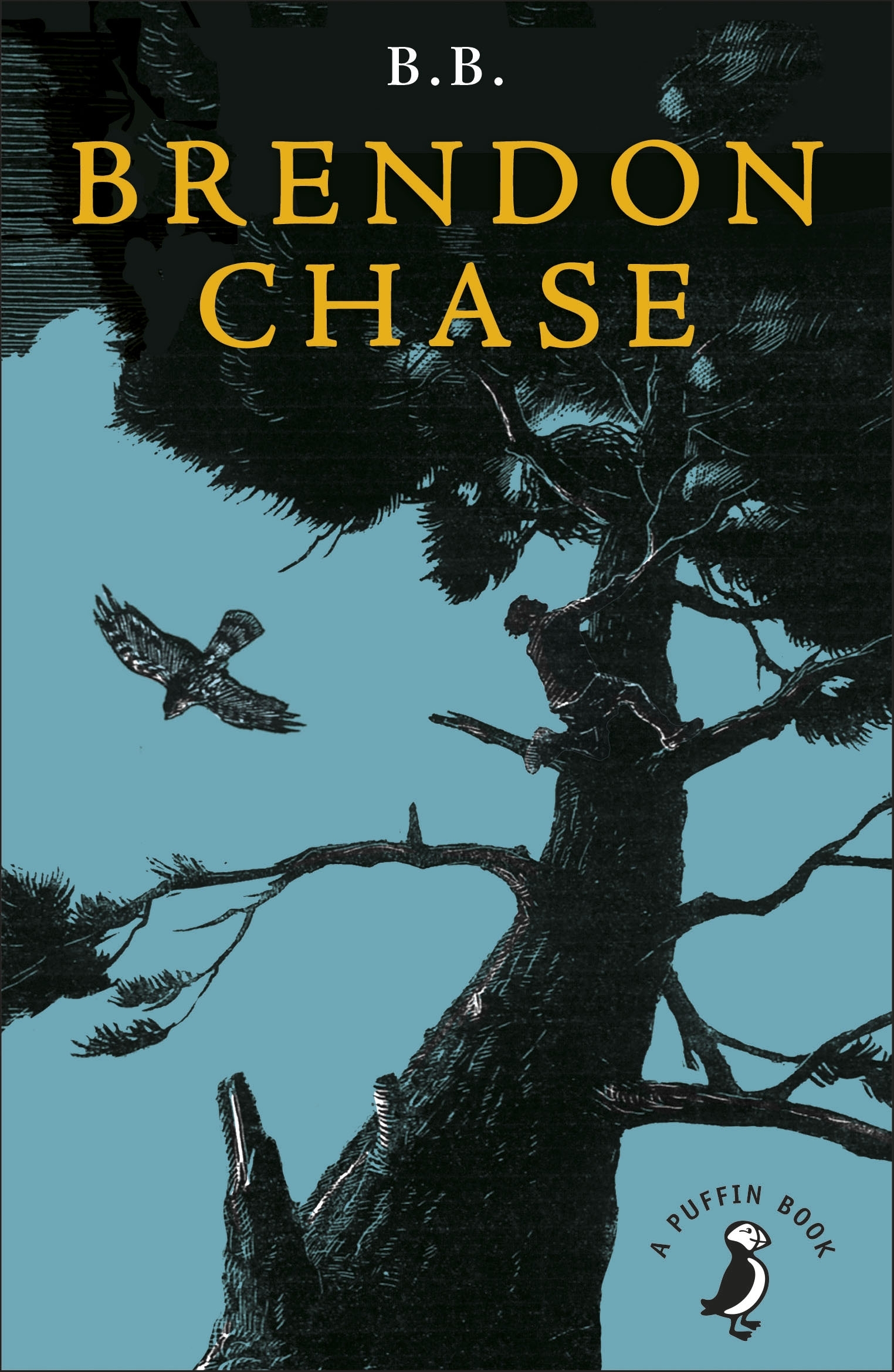
.jpg)

.jpg)


.png?itok=wa1pLElO)



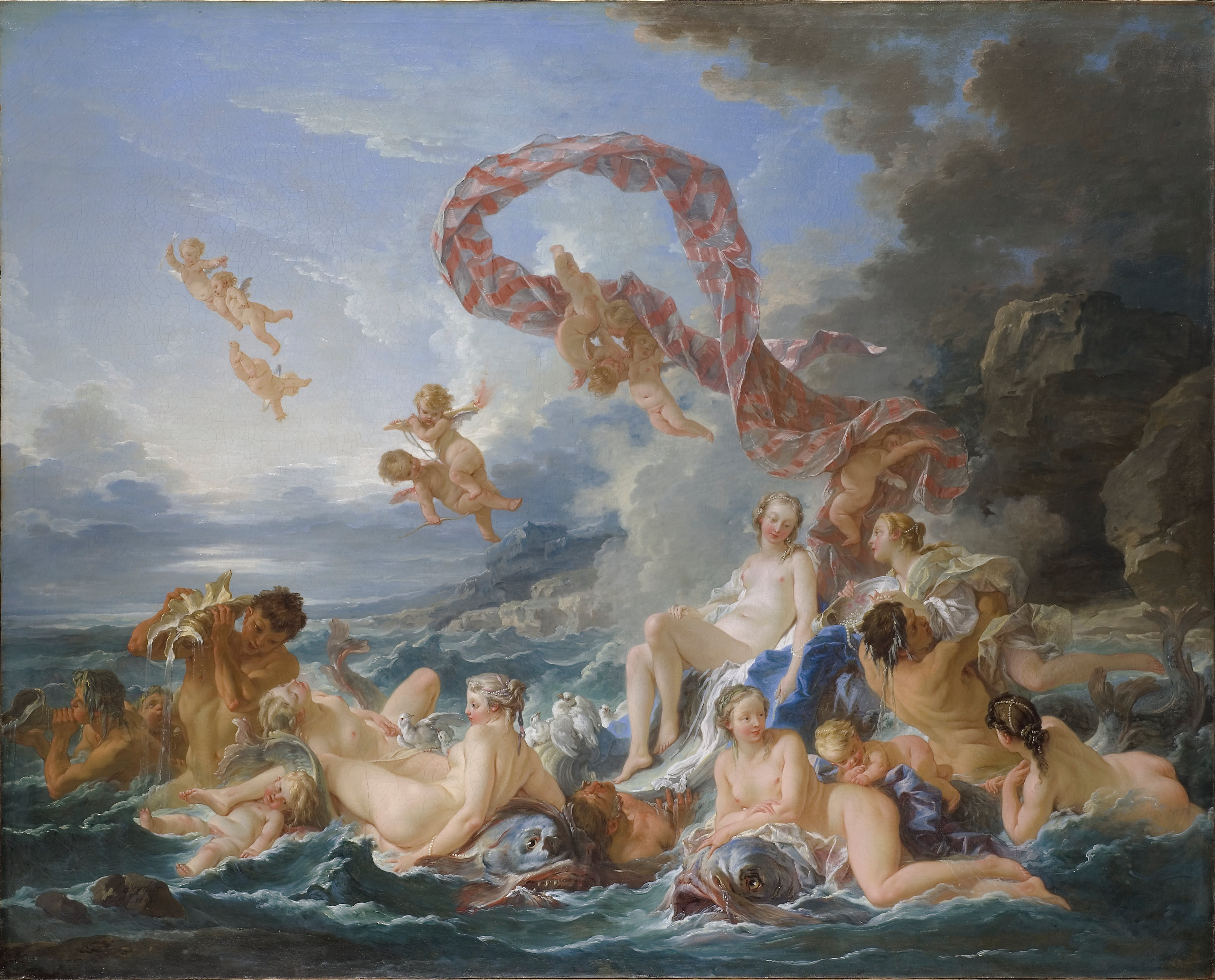









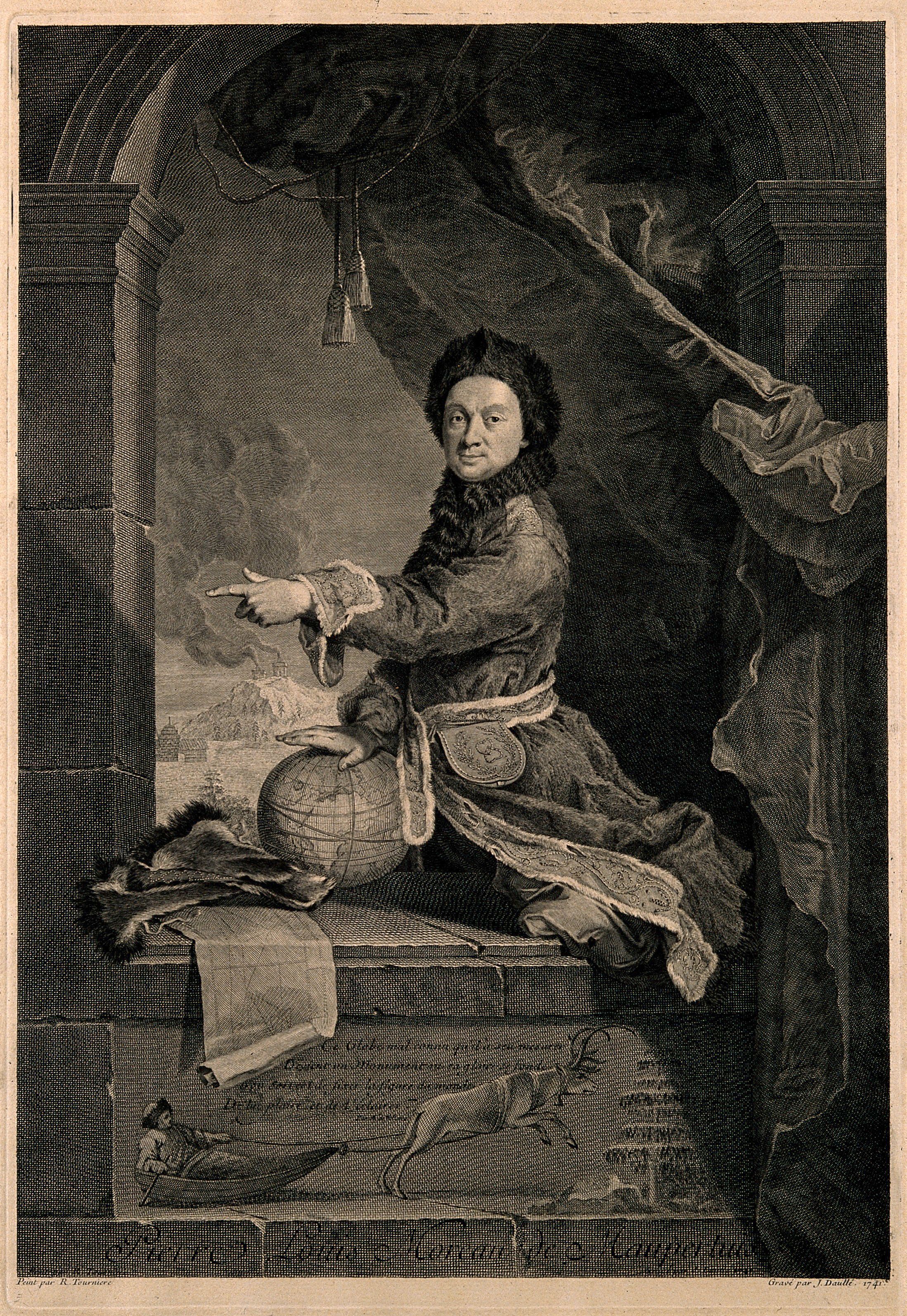


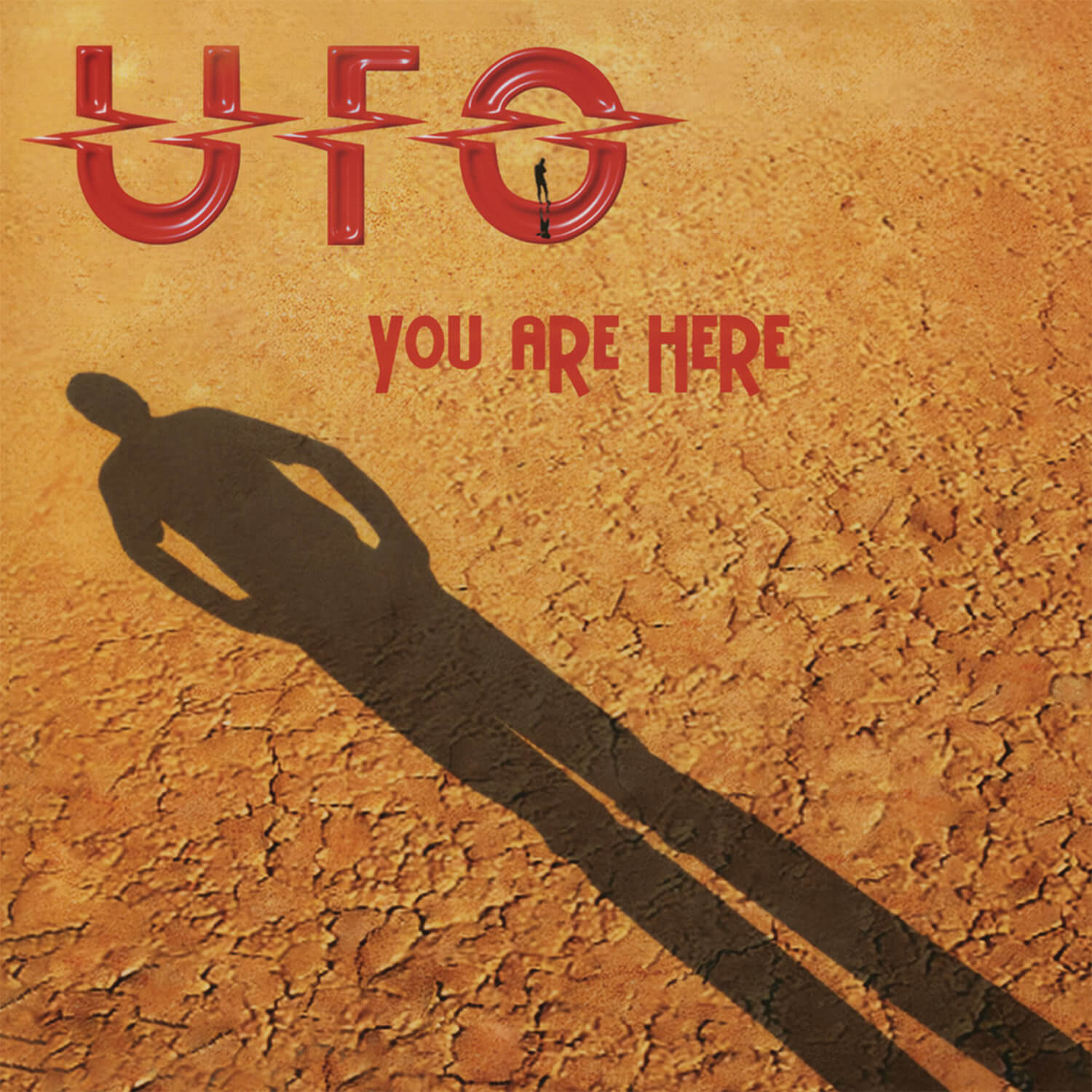
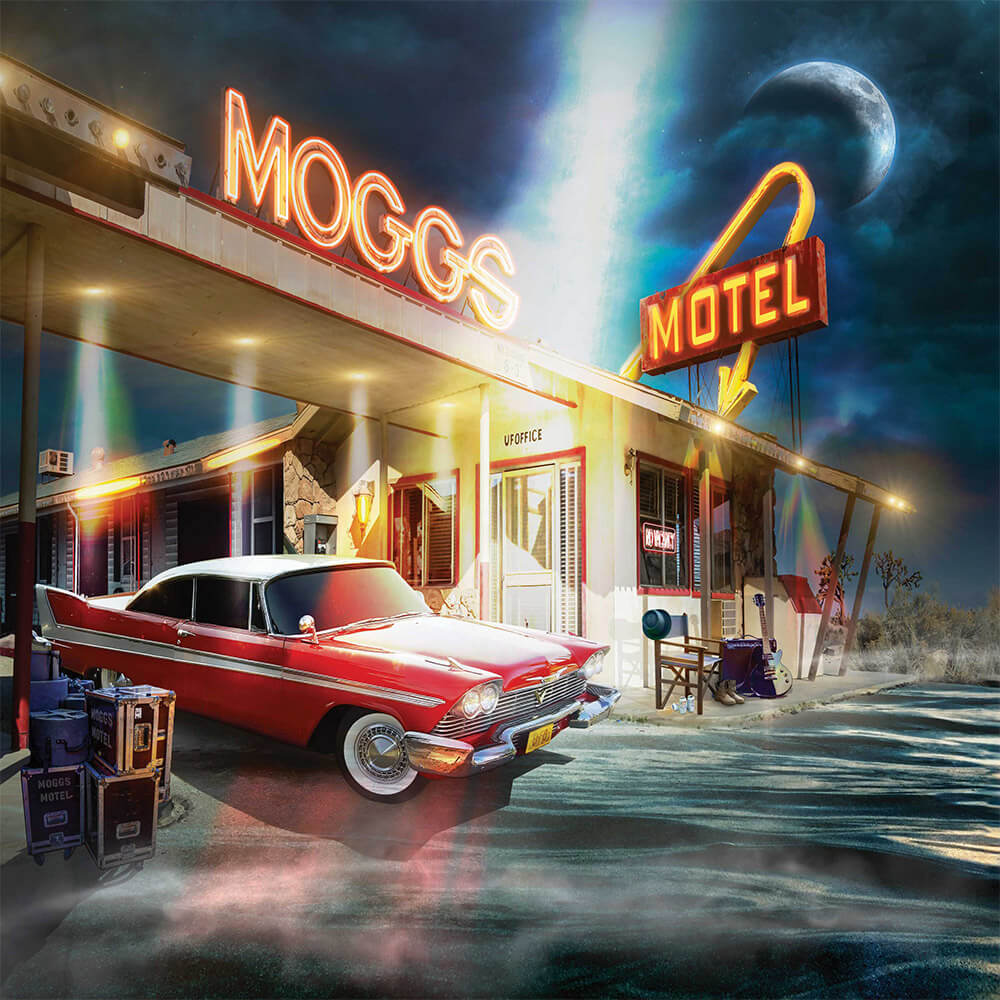

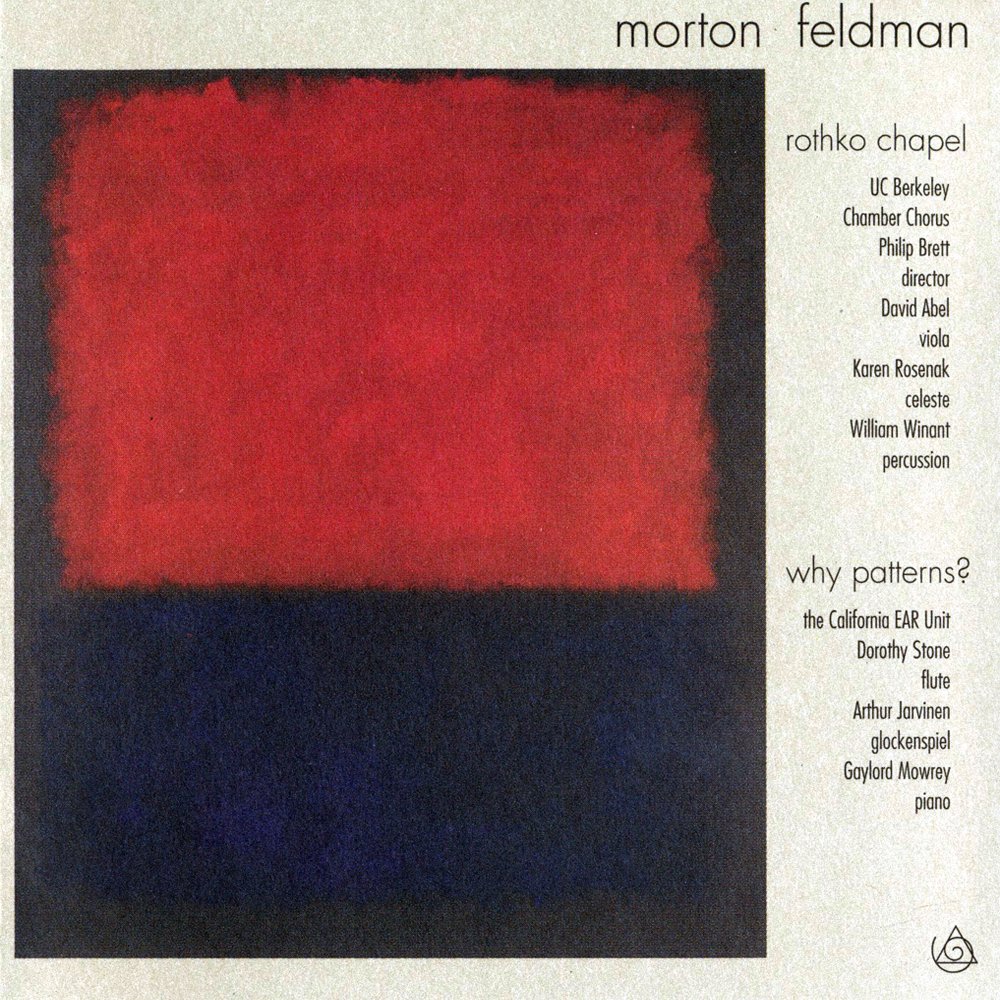


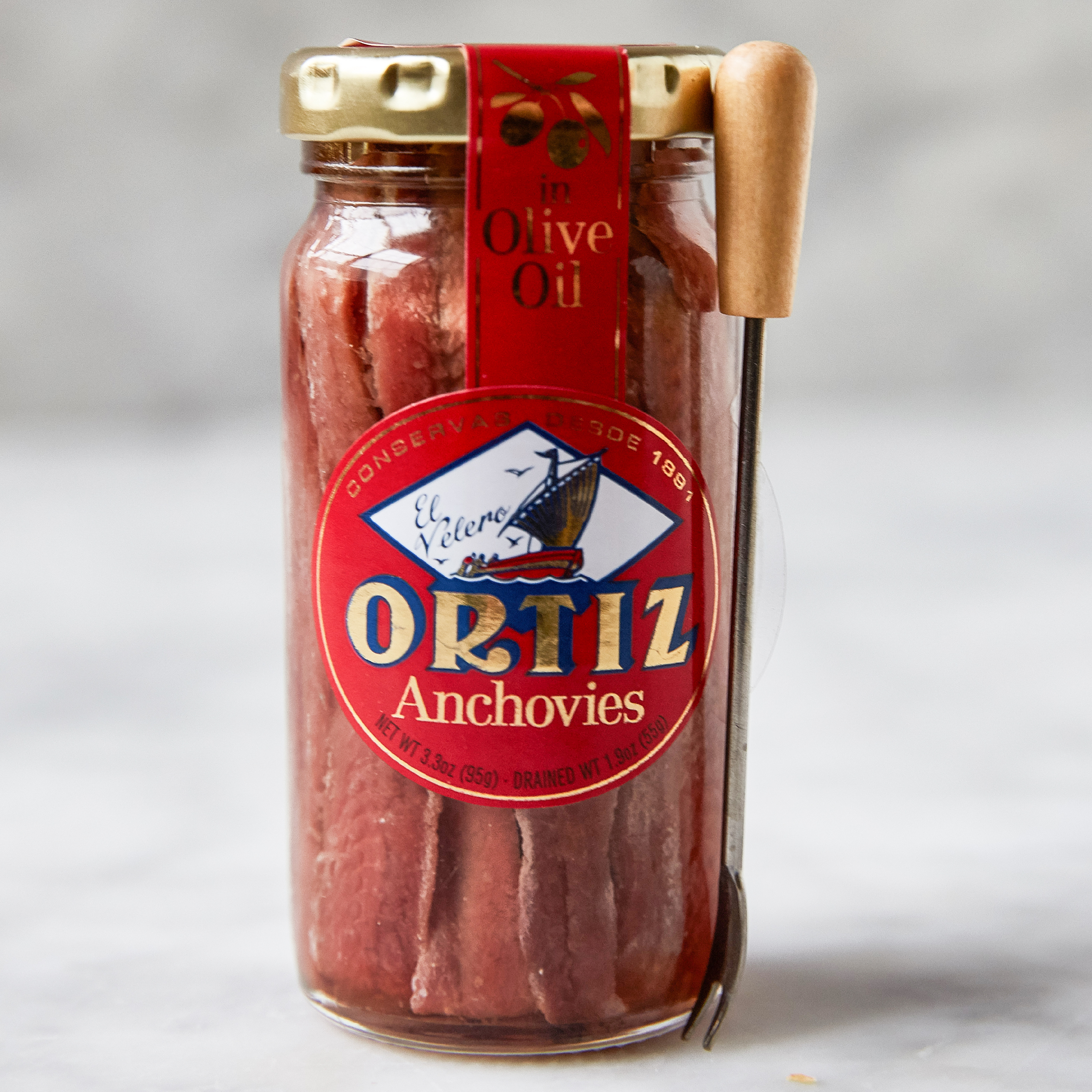







:max_bytes(150000):strip_icc()/GettyImages-570500767-8cc68857eaf843cdafa685db7a6fb8d3.jpg)
